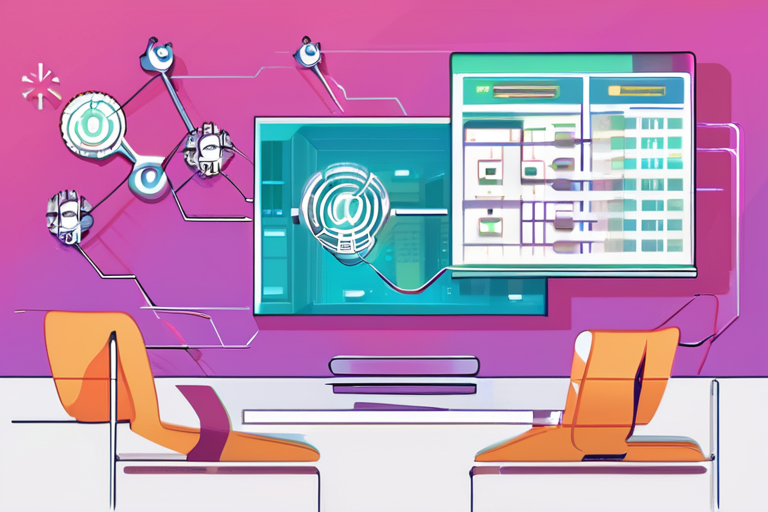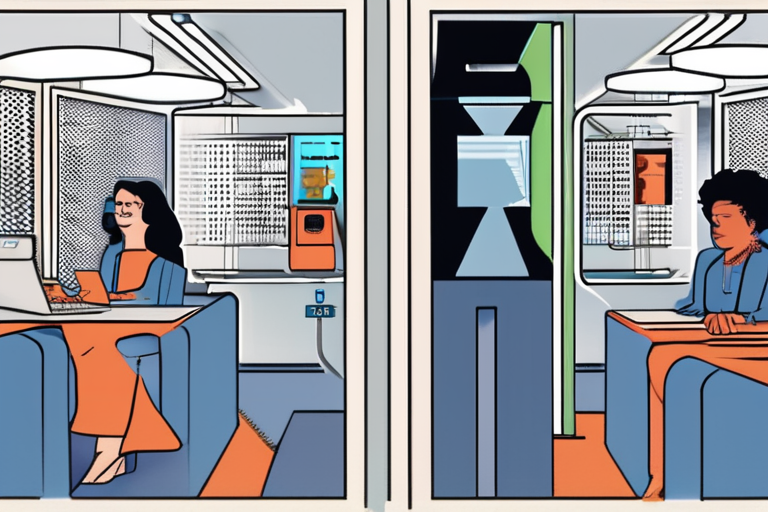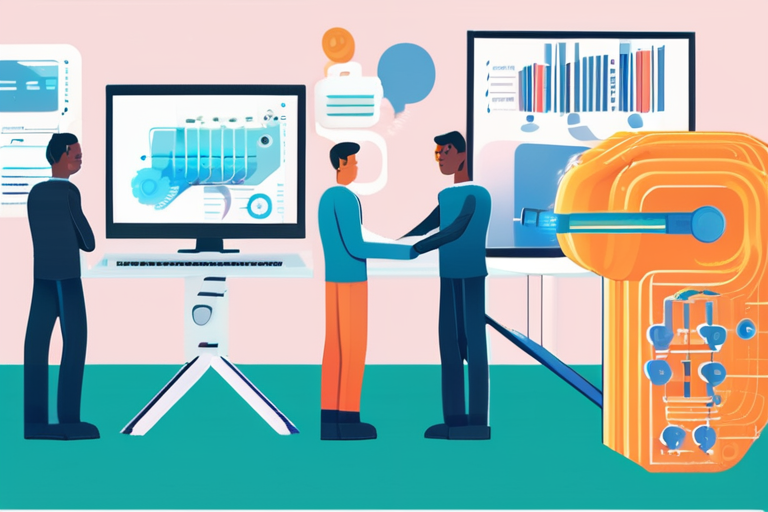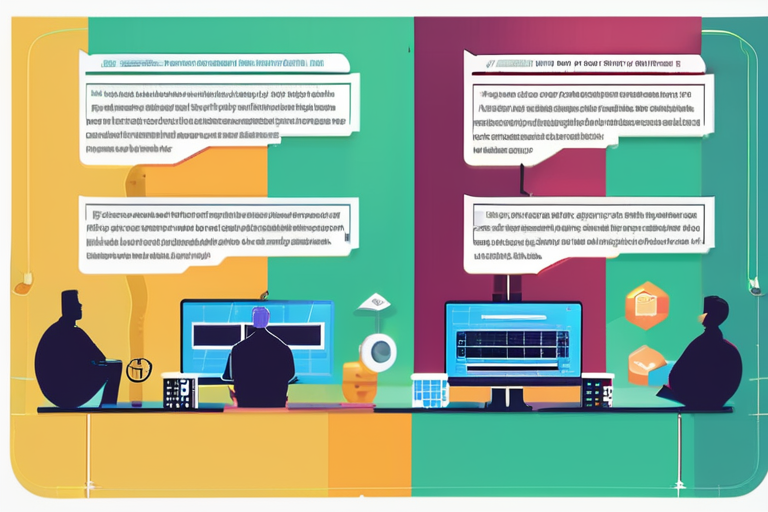Thoughtworks' latest Technology Radar report highlights a significant shift in software development, from the emphasis on vibe coding to the emergence of context engineering. This transition underscores the evolving role of human developers in the industry, where their skills remain crucial despite advancements in artificial intelligence (AI).
According to the report, the term "vibe coding" was coined by Andrej Karpathy in February 2025, referring to the practice of using intuition and experience to write code. However, as AI's software engineering capabilities have improved, the industry has begun to focus on managing context when working with large language models (LLMs) and AI agents. This shift is reflected in the development of techniques and tooling designed to tackle this challenge, as highlighted in the latest Technology Radar.
The report notes that the ability to handle context effectively has become a critical factor in software engineering and AI development. "We're starting to see that what matters is not just scale and speed, but the ability to understand and manage context," said a Thoughtworks spokesperson. "This is a fundamental shift in how we approach software development, and it's one that requires human developers to be more intentional and strategic in their work."
The background to this shift lies in the rapid progress made in AI research and development over the past few years. As AI systems have become more sophisticated, they have begun to take on more complex tasks, including software engineering. However, this has also highlighted the limitations of AI in certain areas, such as understanding context and nuance.
Industry experts agree that the shift towards context engineering is a positive development. "Context engineering is a more nuanced and human-centric approach to software development," said a leading industry analyst. "It recognizes that software development is not just about writing code, but about understanding the context in which that code will be used."
The current status of context engineering is that it is still in its early stages, with many teams and organizations experimenting with new techniques and tooling. However, the momentum behind this shift is clear, and it is likely to have a significant impact on the software development industry in the years to come.
As the industry continues to evolve, it will be interesting to see how context engineering develops and how it is applied in practice. One thing is certain, however: the role of human developers is evolving, and their skills are becoming more critical than ever.



























Share & Engage Share
Share this article